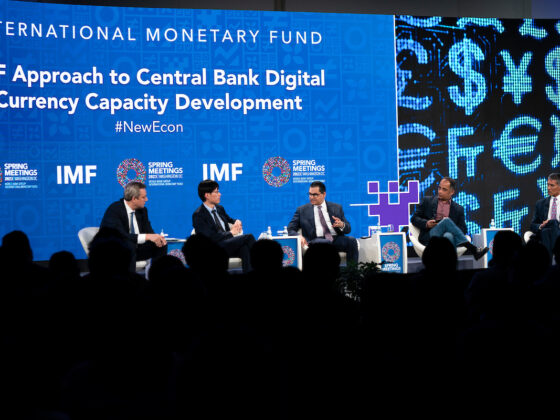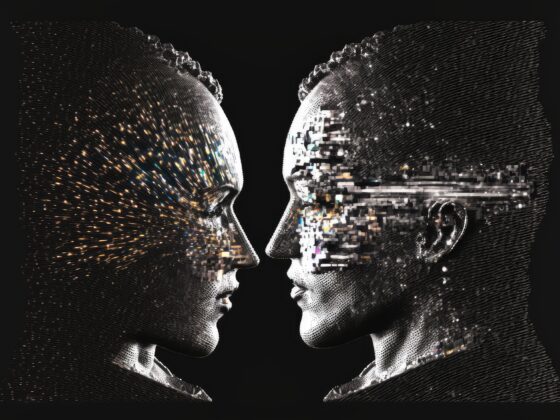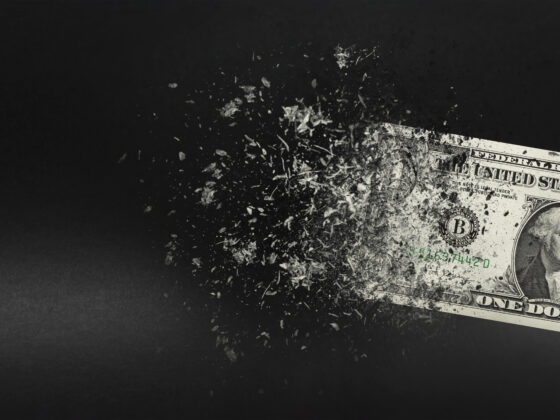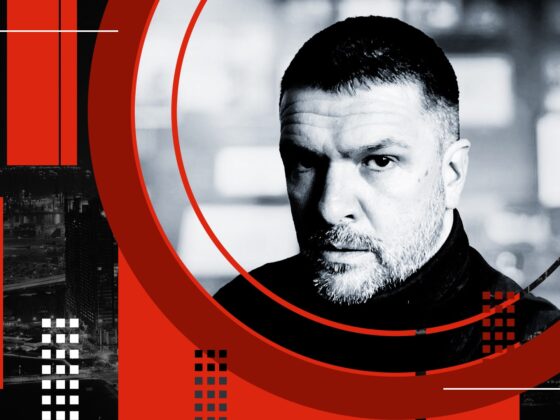“To be SoulBOUND is to have your soul bound with others with a blood contract, drawing on each other’s essence to protect against the servants of Nagash, the God of Death.” — WARHAMMER
“I remember knowing, for a while, for a long time, that I was kind of abnormal in some sense.” — Vitalik Buterin
Ethereum co-founder, Vitalik Buterin, has a great idea. He wants everyone to be Soulbound. Along with economist Glen Weyl and lawyer Puja Ohlhaver, Buterin posted a paper on May 11, 2022, describing this new innovation of Soulbound Tokens (SBT). These are not traditional NFTs that can be bought and sold and traded. These are your “wallet”, or your “soul” and they can never be used by anyone else. They contain proof of your unique identity and can also be used like an extended resume. To be Soulbound is to be legitimized within your community. Souls, or Soul Guardians, within a circle of connections can attest to each other’s good character.
Of course, there’s the opposite side. What happens if a Soul is determined to have a bad character? The consequences of the pack turning on the outcast can be horrific.
Your Soulbound wallet goes beyond a normal resume or personal ID. It will allow or deny access to buildings, bank accounts, transportation, etc. There can be different wallets, one for proof of your job and one to hold your health information, and so on.
So how did Buterin come up with this concept?
As an adolescent, Buterin found solace in the world of video games, rather than the real world—until, interestingly, he was picked on and ostracized. In his own words:
“I was born in 1994 in Russia and moved to Canada in 2000, where I went to school. I happily played World of Warcraft during 2007-2010, but one day Blizzard removed the damage component from my beloved warlock’s Siphon Life spell. I cried myself to sleep, and on that day, I realized what horrors centralized services can bring. I soon decided to quit. In 2011, searching for a new purpose in life, I discovered Bitcoin.”
To Buterin, it is of the highest order to achieve legitimacy, which you can read about on his personal website, in this enlightening article, The Most Important Scarce Resource is Legitimacy. Here is his definition:
Legitimacy is a pattern of higher-order acceptance. An outcome in some social context is legitimate if the people in that social context broadly accept and play their part in enacting that outcome, and each individual person does so because they expect everyone else to do the same.
There’s a lot to unpack here. Certainly, Buterin’s vision sounds great and there’s no reason to doubt that he believes in it wholeheartedly and with good intentions. But for the purpose of this essay, I’m going to focus on this obsession with proof of identity and the concept that people will play their part because they expect everyone else to do the same.
The truth is, I am not sure how Buterin’s concept of everyone fitting in with the group (or else—what?) is any different from what happened to him. There is always a dominate factor that arises within every group and the group tends to submit to that dominate factor, or else rebel and create a new one. Buterin has created a group in which he is the dominate factor (although he says he doesn’t want it to be that way). He was motivated to do this so that what happened to him will never happen to him again. Does this therefore mean it won’t happen to anyone else?
Are big ideas like Ethereum about the good of the whole? Or are they really about one person, like Buterin, for example, righting the wrongs inflicted upon him in a video game. Is it ever really about the collective good, or is it always personal?
From a practical standpoint, one of the biggest problems we face on the internet is Identity Theft. Here are some facts:
- 47 percent of Americans experienced financial identity theft in 2020. Losses from identity theft cases cost $502.5 billion in 2019 and increased 42 percent to $712.4 billion in 2020.
- As many as 9 million Americans have had their identities stolen each year.
- There has been a 73% year-over-year increase in identity thefts from 2019 to 2020. There were nearly 1.4 million reported ID theft incidents in 2020, versus 650,000+ in 2019.
It seems that the more safeguards created in the virtual world, the more we lose ourselves within it and the harder it becomes to prove who we actually are. Just look at how many proofs we already have, and our identities are only being stolen at a greater rate.
Of course, all of this concern with piracy takes the focus away from the real pirate—Google. Our identities have been systematically stolen, piece by piece, for years. That’s a topic for another essay, but just keep in mind that when we are told our identities are being stolen, it’s already happened. We are pawns on a chessboard in ways that we cannot even being to comprehend. We might think we comprehend the wiles of entities like Google, but it’s much wiser to acknowledge that we don’t. The only way to stop the manipulation is to abandon the technology ship. This is a terrifying prospect. Surely, we will sink if we do that. Maybe even literally die. The manipulation and resulting control go the very core of our beings.
As if that isn’t enough, this obsession with identification goes even further, into biometric identification. Biometrics is
the science that explores the identification of humans and animals through biological measures or physical characteristics, for example, fingerprints or the iris of the eye. In this regard, biometric-based tools are increasingly used in fields such as security, to supplement or replace password systems; and in the field of civil administration, in the registration and provision of identity documents.
But fingerprints and our eyes are no longer enough. An algorithm now makes it possible to identify people by their heartbeat. Why is this necessary? Because heartbeats can be read from a distance.
So far, a limitation of the technology is that it needs a database of cardiac signatures to match detected signals to individuals. The Pentagon has that covered. It already collects biometric data in areas like Iraq and Afghanistan.
How long will it be before every human’s cardiac signature information is in a database? Just like our government and the WHO is telling us about the Pandemic Treaty and the restrictions it will place on every person in the world, these new ways of proving our identities will be for our “health and safety.” After all, it could help doctors detect heart problems in patients remotely. It also means that it will be impossible to escape surveillance.
How do we hold onto our true selves and what does that even mean?
Perhaps all of these proofs of identity are just more distractions to keep our focus off of what is actually happening. That our identities are being stolen from us rather than protected. And now, to be told we are souls online, as if our essence can be captured in these wallets, denies the existence of our actual souls and turns us into empty shells to be filled with the will or whims of the ether manipulators.
How did people prove their identity back in the 16th century?

The Return of Martin Guerre is based on perhaps the first historical accounting of identity theft. A man claiming to be Martin Guerre returns to his wife, Bertrande, after nine years at war. After they have lived happily for years, the real Martin Guerre shows up to the village and the imposter is unmasked and executed. When Bertrande is asked in confidence why she accepted the imposter as her husband, she says because he was a kinder man than her real husband.
Such cases were surely rare. Proof of identity was simple. It came down to what a person looked like and their known history in the village. Now, it seems that the more proofs we think up, the more confusing it becomes. If children can’t yet physically alter their appearance or their sex (and that is on the horizon), they do so with filters on their phones or with avatars. Young people want to be “fluid.” To touch, to taste, to interact, to have substance, in the real world has become increasingly distasteful—even dangerous. Yuck, you can get so many diseases by physically interacting with people, even just breathing the same air can kill you.
Will the more ways we create to identify ourselves mean the less real we will become? Will humans soon exist as ghosts haunting the real world; our souls captured in an alternate reality?

If you’ve ever lived in a village, you’ve experienced surveillance. I’ve lived for long periods of time in villages in Switzerland, France, Slovenia and Egypt. Although I love village life, it’s true that you often feel as if you are under a microscope. Everybody knows everybody else’s business. The guy down the street knows full well he can’t have an affair with his neighbor’s wife without word spreading like wildfire. This knowledge tends to keep people in check.
When evil does occur, it is readily visible. As Agatha Christie’s wise and wonderful Miss Marple says, “One does see so much evil in a village.”
In the early 80s, I remember showing up to my future husband’s village of Zirovnica, in what was then Yugoslavia. Everyone knew the minute I arrived. It was big news. I might as well have been an alien from another planet. If I walked down the street, faces peeked out from behind curtains in all the windows.
It was a huge adjustment for me, but I came to find life in Zirovnica deeply satisfying. One had to work hard for all the things we take for granted in a city. If I wanted to heat my bedroom in the winter or to take a bath, I had to chop the wood and pick the best pieces of coal and build a fire in the tile stoves in the bedroom, or under the hot water heater in the bathroom. Talk about recycling—nothing was wasted. My mother-in-law had pots for every kind of trash, and I learned where it all went.
In a village, life can turn unpleasant if you break the rules. But at least no one is invading your mind. Your private thoughts are your own. You can sit under an apple tree and let your mind wander in any direction you like.
Nowadays, sitting under that apple tree, you most likely have a phone in your hand, and you are continuously viewing and clicking on something. All that data is being collected and thrown back at you, igniting thoughts in your mind leading to more views and clicks, reenforcing and trapping you in a certain mindset.
We are promised that bitcoin and these new ways of identifying ourselves will free us from these chains. Why then do they choose names sounding like enslavement and death?
SOULBOUND
BLOCKCHAIN
CRYPTOCURRENCY
So, let’s get to the heart of what Soulbound means.
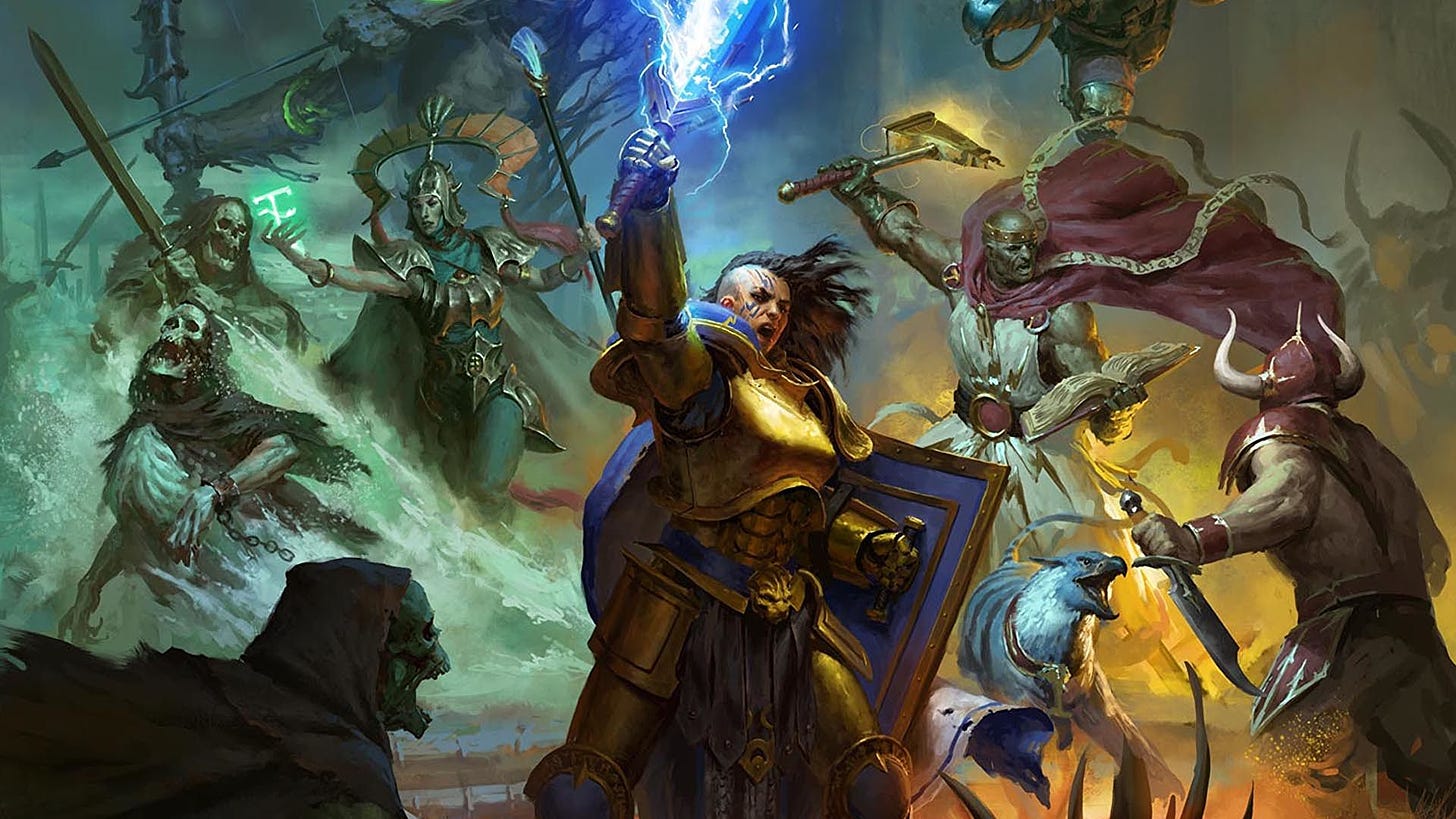
Soulbound is known as “the first ever tabletop roleplaying game set in the Warhammer Age of Sigmar, one of the most exciting fantasy settings ever created.” And it really is. Check out the trailer here.
The actual term Soulbound refers to a “blood contract between a Shaman and their Shikigami that permits them to match Soul Wavelengths.”
Here’s how Cubicle7 games describes Soulbound, set in the Warhammer Age of Sigmar:
Soulbound lets players explore and roleplay in the Mortal Realms. The Mortal Realms are filled with gods and monsters, daemons and demigods, and regular people trying desperately to survive in an endlessly cruel world.
The Soulbound are an ancient order dating back to the Age of Myth. In the Age of Chaos, the Soulbound faded into memory. Now, the lost order is being resurrected and the Soulbound once more walk the Mortal Realms.
To be Soulbound is to have your essence entwined with others, binding your souls together. Becoming Soulbound is a phenomenally painful process, one which not everyone survives. Those that do are bound together, their souls linking to create a powerful tether or conduit that allows them to draw upon each other’s essence, protecting them from the servants of Nagash, the God of Death.
While there are Soulbound all across the Mortal Realms, each binding is made up of only a handful of individuals. These smaller groups work covertly, slipping into places unnoticed where other servants of Order may not.
For all the millions of people who eagerly decide that being Soulbound (or something similar) is the coolest thing ever, they will find themselves bound to a circle of Soul Guardians from which they cannot escape. Each of these smaller groups will be controlled by ever higher orders, drawing on the essence, or the souls, of those beneath them. This will not result in the promised freedom. It will bind each soul to what John Twelve Hawks calls the Vast Machine so tightly that extraction will be impossible.
“The most significant challenge to stability is the perverse impulse toward freedom. You can’t control this desire for freedom entirely with threats and punishments; it’s more effective if you teach people to doubt the reality of their own perceptions. When the system is working correctly, they censor themselves.” — John Twelve Hawks, The Golden City

Americans have been taught well to censor themselves. We are the most propagandized people in the world. At least inhabitants of the former Iron Curtain—in villages like Zirovnica—knew that they were being fed propaganda. They paid lip-service, but they didn’t believe it. Americans eagerly gobble up the propaganda, gorging ourselves on whatever news stories the algorithms have determined we should consume. And the more we consume them, the more they are fed to us. Overconsumption of this diet leads to a deadened mind and a loss of our souls.
What happens when we lose our souls? We no longer exist. The imposter in The Return of Martin Guerre existed in the real world. He knew he was lying. Bertrande knew he was lying. When his lies were found out, he saved her life by taking the blame on himself. He was executed as a result.
A tragic tale, but at least he had lived. At least she had lived. They had born children together. The fulfillment of a life well lived is worth death in the end.
In contrast, becoming a ghost in the real world while forever trying to prove your existence in a fake one is no life at all.
You shouldn’t need a hundred different ways to prove your identity. If someone tells you that you do, they are the imposters.
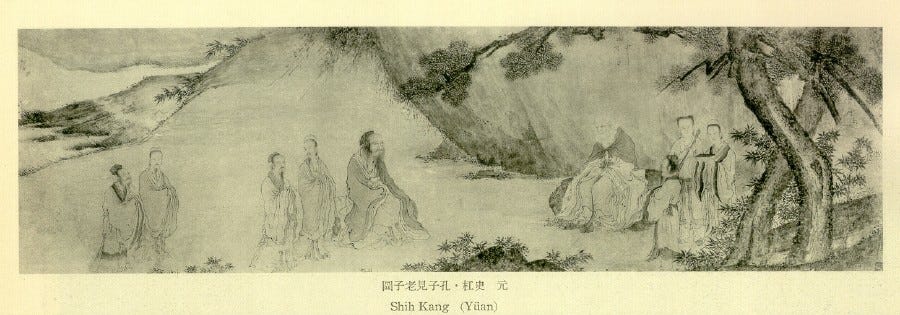
Confucius said that “Life is really simple, but men insist on making it complicated.”







